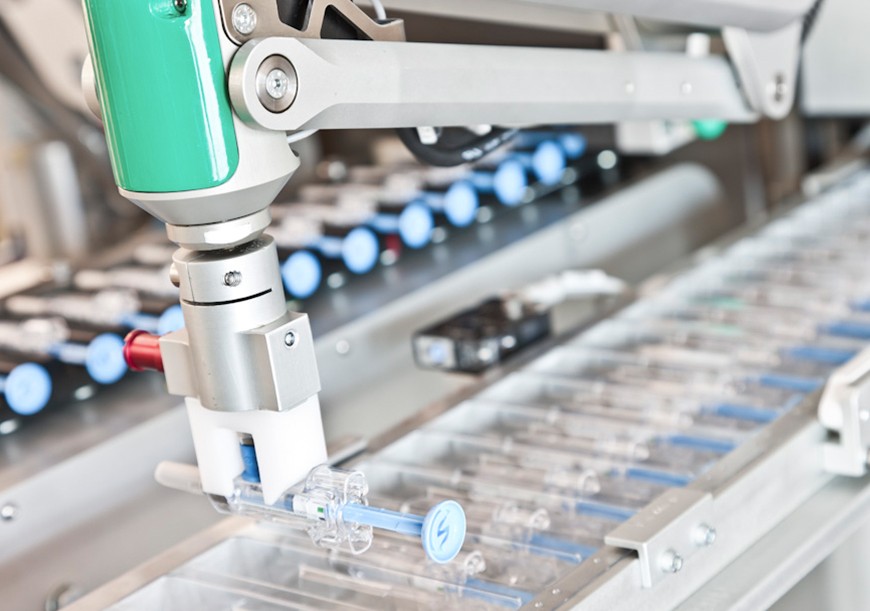Corporate




Automation is the field that deals with designing and organising the set of technologies that use control systems to manage industrial machines and processes with minimum need for human intervention. Established with the intention of replacing humans in repetitive or dangerous tasks, today it relies on professional figures who work on the construction of automated systems, developed in line with the most advanced technologies and designed to adapt to market changes. Straddling mechanics, computer science, electronics and electrical engineering, automation draws on all these fields for the skills required for the definition of automated processes.
There are various types of automation. The principal types are operational (replaces some human work activities, from industrial labour to office management work) and decisional (depending on the variables input, the system acts by taking decisions, using artificial intelligence and robotics).
As this is a multidisciplinary field, the abilities and skills required in the automation sector are many and varied. Among the main abilities are an excellent command of English and the ability to work effectively in a team. In addition, there are other more technical skills, such as knowledge and monitoring of digital markets and IT (to discover new technologies), understanding and modelling of complex system dynamics and the development of real-time software and algorithms. Given that the aim of this sector is to replace humans with machines, in order to ensure that the latter are able to provide the answers otherwise provided by humans in the work environment, self-control and problem-solving are another two other vitally important characteristics.